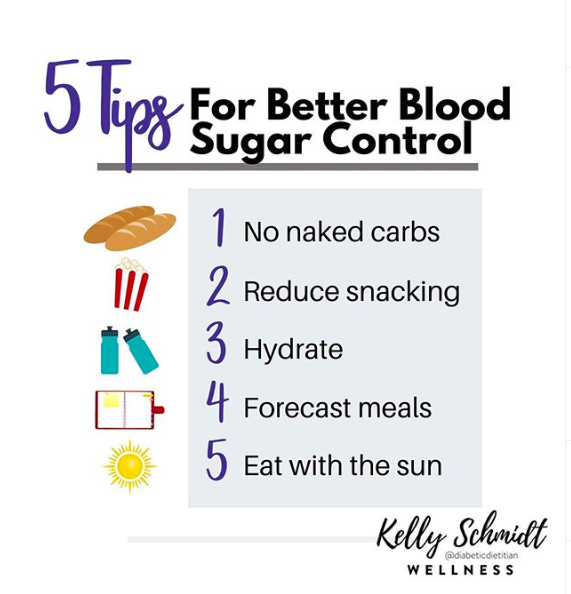We don’t know what we don’t know. But when we learn how certain ingredients affect us, we can create motivation to change. We all know sugar isn’t good for us, but what does the evidence show as to why it’s so bad?
Does Sugar Impair Mental Health?
Yes. And this is an area where it’s beyond counterintuitive to use treats as a reward, especially in school. Not only will that reward cause inattention, but it will throw off brain chemicals, creating anxiety and depression.
In fact, a Yale study done on healthy kids without ADHD were divided into 2 groups, a sugar drinking group (equivalent to drinking a 12-oz Coca-Cola) and a non-sugar drink. The researchers evaluated and measured blood glucose levels, a variety of hormones and neurotransmitters before and after the boys drank the beverage.
Four hours after drinking the beverage, the boys who drank the sugary drink had 5x the amount of anxiety (adrenaline levels) as the non-sugar drinking boys. When this occurred, the children felt panicky, shaky and weak with a pounding heart.
Additionally, a group of scientists at the University of Colorado suggests that eating sugar on a regular basis may cause long-term problems for the brain that can’t be corrected simply by removing sugar from the diet in short-term studies.
Why Is Sugar Bad?
Sugar can exacerbate mood swings, irritability, asthma, gallstones, endocrine disorders, and much more. High blood sugar and both added sugar to foods, depletes B vitamins. This is one reason why I advise most of my clients with diabetes supplement with a methylated B vitamin. Being B vitamin deficiency can cause all the symptoms above plus cravings, insomnia, restlessness, indigestion, to name a few.
As well, it’s no coincidence that the flu peaks around holidays when treats, candy, cookies are abundant. Sugar itself zaps the immune system.
Refined Sugar Is Linked to Ill Health:
- Insomnia
- Allergies
- Dizziness
- Fatty Liver Disease
- Heart Disease
- High Blood Pressure
- Low Blood Sugar
- Cancer
- Hair Loss
- ADHD/ADD
- Obesity, Metabolic Syndrome, Type 2 diabetes
Is Sugar Addicting?
There is no doubt it’s addicting. Sugar releases an opiate-like substance that activates the brain’s reward system.
Suddenly removing the sugar from your diet can cause withdrawal systems including depression, fatigue, aching joints.
How To Break Up With Sugar?
- Focus on blood sugar control overall.
- Create a mealtime routine where you eat 4 or fewer times a day, but around the same hours.
- Observe where it exists and be savvier with what you put in your grocery cart.
- When you eat your first meal, choose something that is lower in carbohydrates and higher in protein, fiber, and fat. A good example would be a low sugar smoothie, a vegetable omelet, cauliflower porridge, and many more low carb ideas.
- Cut ties with liquid calories, including fancy coffee drinks.
- Aim to have at least 20 grams of protein at each meal.
- Opt for something bitter or sour in your meals, like kimchi, green apples, pickled veggies.
- Avoid naked carbs ( an apple alone would be a naked carb, an apple with peanut butter will help slow the digestion and allow for better blood sugar control).
- Make sure you are nurturing a bedtime and getting adequate sleep. Cue into not only the quantity of your sleep but also how to enhance the quality of your sleep.
How does sugar impact your life? Can you related to any of the information mentioned here?
Related Topics: This is part of a 4-part series on “Personalized Nutrition.” Be sure to click through all the topics on this subject, which I’ve hyperlinked below.




Leave A Comment
You must be logged in to post a comment.